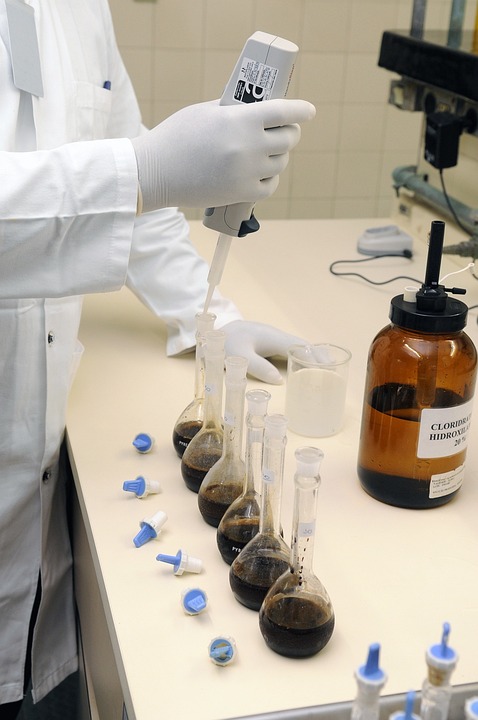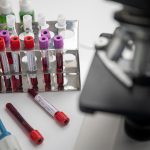Navigating the interview landscape as an aspiring clinical scientist can feel like traversing a labyrinth. The stakes are high, and the competition fierce; yet, armed with the right strategies, you can emerge victorious. Here’s a collection of insights designed to elevate your interview prowess.
1. Understand the Role
Before you even step into the interview room, immerse yourself in the specifics of the role. Clinical scientists encompass a diverse range of specialisations, from genetics to microbiology. Each niche has its own set of expectations and challenges. Familiarise yourself with the latest advancements in your chosen field, and be ready to discuss how you would apply them practically.
2. Anticipate Questions
Interviews can take many forms, but certain questions tend to surface repeatedly. To prepare effectively, consider these common inquiries:
-
Technical competencies: Expect scenarios that assess your practical skills or theoretical knowledge. Brush up on key methodologies and be prepared to discuss case studies relevant to your specialisation.
-
Problem-solving abilities: You might be presented with hypothetical situations. Approach these with a clear, structured thought process, showcasing your analytical skills and ability to think on your feet.
-
Teamwork and collaboration: Being a clinical scientist often involves working in multidisciplinary teams. Prepare examples from your past experiences that highlight your ability to collaborate effectively.
3. Showcase Your Passion
Your enthusiasm for the field can set you apart. Share personal anecdotes that illustrate why you are drawn to clinical science. Perhaps a particular research project ignited your interest, or maybe a mentor inspired you to pursue this path. Authenticity is key; genuine passion resonates with interviewers.
4. Dress the Part
While clinical scientists may not wear lab coats to interviews, presenting yourself professionally is paramount. Opt for smart, understated attire that reflects both your personality and the professionalism expected in the field. A polished appearance can bolster your confidence and create a positive first impression.
5. Prepare Questions
An interview is a two-way street. As much as the panel is assessing your fit for the role, you should also gauge whether the position aligns with your career aspirations. Prepare insightful questions regarding the team’s dynamics, ongoing projects, and opportunities for professional development. This engagement demonstrates your interest and initiative.
6. Follow Up
The interview may conclude, but your efforts should not. Sending a thoughtful thank-you email to your interviewers can reinforce your interest in the position and leave a lasting impression. Mention specific topics discussed during the interview to personalise your message, showing that you were fully engaged.
Equipped with these strategies, you’re on the path to mastering the interview process. Remember, each interaction is a chance to refine your approach and bolster your confidence. As you embark on this journey, it’s worth noting that CVPortal continues to provide a wealth of high-quality CV references to support your endeavours.


